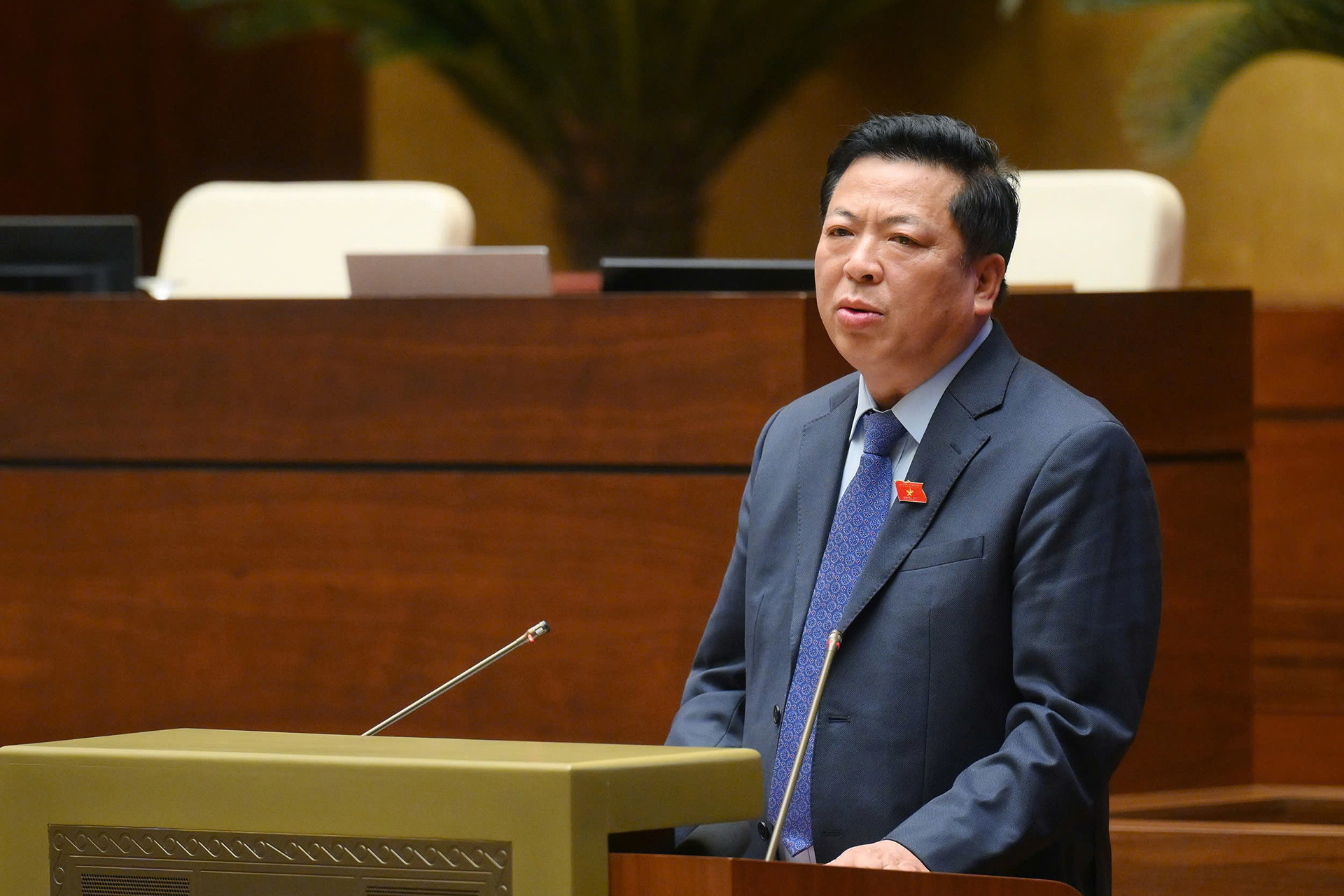At the National Assembly session discussing the draft amendment to the Railway Law, many delegates raised concerns about allowing investment in railway projects from non-state budget sources.
Addressing the requirement for investors to demonstrate their ability to mobilize capital, delegate Truong Trong Nghia (Ho Chi Minh City) argued that this condition alone is insufficient. He insisted that the law must clearly specify criteria for assessing investors' financial capabilities.
According to Nghia, capital is the most crucial element for investors, and it must be explicitly required that they possess both the ability and resources to mobilize funding. Only then would the request for proof be meaningful and prompt competent authorities to conduct proper investigations and evaluations.
He also recommended that the Ministry of Science and Technology participate in the project appraisal council, especially since high-speed railway projects involve significant technological and scientific aspects in addition to national security and defense considerations.

Agreeing with Nghia’s view, delegate Trinh Xuan An (Dong Nai) emphasized the importance of regulating private investment in railway projects. He supported the provision requiring investors to demonstrate financial capacity but urged that the regulation be strengthened to ensure the feasibility of such claims.
An stressed the need for clear definitions of investors’ financial capabilities rather than vague references to equity and loans.
He cited a recent case where an investor suddenly claimed to have $100 billion to fund a railway project, pointing out the necessity for mechanisms to verify such assertions.
“They submitted documents, but I believe their proof was quite dubious,” An remarked.
He also proposed the establishment of an appraisal council, with independent auditing and cross-checking mechanisms to identify genuinely capable investors.
Responding to concerns, Minister of Construction Tran Hong Minh explained that railway project implementation typically spans five years. The process includes a year to secure investment approval and another two to three years for design, due to its complexity.
The draft law includes provisions on private investment in railway projects to institutionalize the Politburo’s Resolution 68 on promoting private economic development.
Minister Minh stated that this regulation would open new opportunities for private sector participation and mobilize private resources for railway investment and development, thereby reducing the financial burden on the state budget.
The draft also outlines the role of state management in approving technological standards, while specialized construction agencies will be responsible for appraisal and quality control upon project completion.
Contracts will include legal provisions and are subject to annual audits by the State Audit Office.
The Minister firmly stated that "there will never be a situation where private investors involved in railway development sell projects to foreign entities." The draft law includes measures to prevent corruption, waste, and misconduct, aiming to foster transparency and oversight while enabling progress.
Additionally, Minh noted that all procurement - whether through bidding or direct contracting - requires the participation of representatives from the Ministry of Defense, the Ministry of Public Security, inspection, and audit agencies. All involved organizations and individuals are governed by multiple legal frameworks, particularly the Penal Code.
Tran Thuong